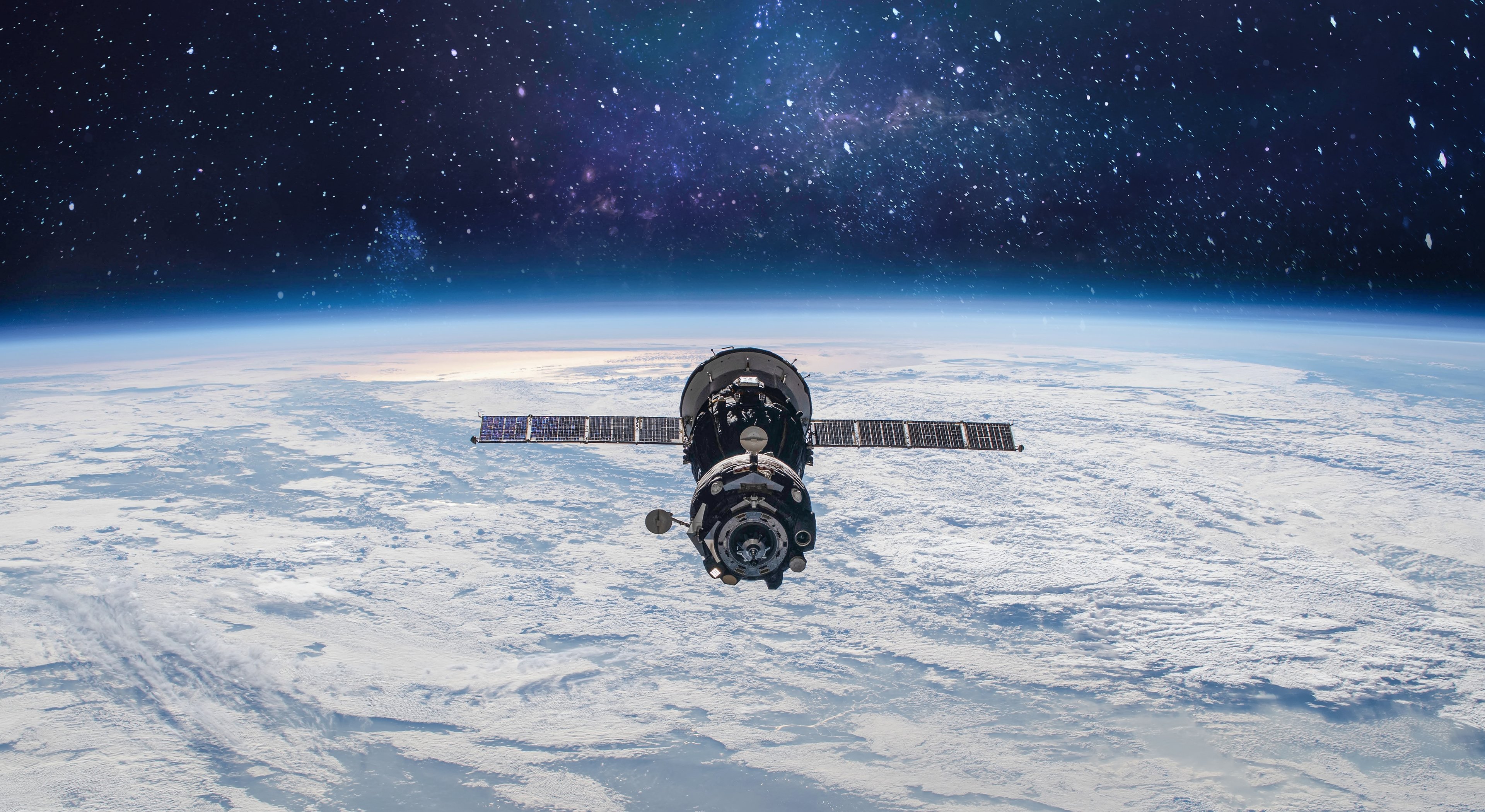Nvidia's (NVDA +1.15%) success in recent years is no accident. It spent years investing in graphics processing unit (GPU) technology, selling these chips to video gamers, graphics artists, and cryptocurrency miners before demand for artificial intelligence (AI) caused its revenue growth to skyrocket. Similarly, Rocket Lab (RKLB +8.04%) is just now starting to see two decades' worth of investment in space technology begin to pay off.
The stock price has more than doubled this year. While it might be an almost impossible task to repeat Nvidia's incredible 28,000% return over the last 10 years, Rocket Lab could see tremendous growth over the next decade.

Image source: Getty Images.
Nvidia and Rocket Lab have key similarities
The key to Nvidia's growth was that it sells an end-to-end solution for data centers to handle AI workloads. It offers not just chips, but everything else needed to build AI factories, including software and networking components.
Rocket Lab is piecing together a full-stack solution for space, but it also has manufacturing capabilities. It is pursuing a vertically integrated structure that controls the entire process of launching and manufacturing, it operates its own launch sites, and it makes its Neutron rocket in-house.

NASDAQ: RKLB
Key Data Points
Nvidia's competitive advantage in GPUs was rooted in the 2006 release of CUDA, a software platform that allowed customers to maximize the GPUs' performance for specific applications. Likewise, Rocket Lab's recent acquisition of Geost brings over important satellite technology for Earth observation and missile warning and tracking. This significantly expands Rocket Lab's growth opportunity to include space services for national defense needs.
Just as innovation in GPUs has been Nvidia's winning ticket, Rocket Lab is showing the ability to innovate with the development of its Neutron rocket, designed for deep space missions. The U.S. Air Force Research Laboratory recently announced that it will use the Neutron for a point-to-point cargo mission next year, further validating Rocket Lab's opportunity as a key partner for the U.S. government.
Space offers significant growth potential
Rocket Lab can't be truly compared to Nvidia unless it can offer similar upside for shareholders. One of the reasons the chipmaker has delivered incredible returns over the past decade was that it was fairly small to begin with, with the stock trading at a market cap of $13 billion a decade ago; it is now almost $5 trillion.
By comparison, Rocket Lab's market cap is currently $29 billion. Basically, the space industry would have to be as large as the market for GPUs, and Rocket Lab would have to dominate it for the stock to have any chance of repeating Nvidia's performance. With SpaceX and other competitors out there, Nvidia-like dominance in the space industry is uncertain.
The space economy is estimated to have the potential to become a $1 trillion industry, which represents a huge opportunity for Rocket Lab to grow its $504 million in trailing-12-month revenue. The company is not reporting a profit yet, since it is investing heavily in manufacturing new rockets. However, analysts expect it to grow free cash flow to $1.1 billion by 2029.
Rocket Lab's business should be larger and more profitable in 10 years. Its second-quarter revenue grew 36% year over year, and there is clearly huge upside for leading space operators. But I wouldn't buy the stock expecting the same level of returns as Nvidia has produced.






